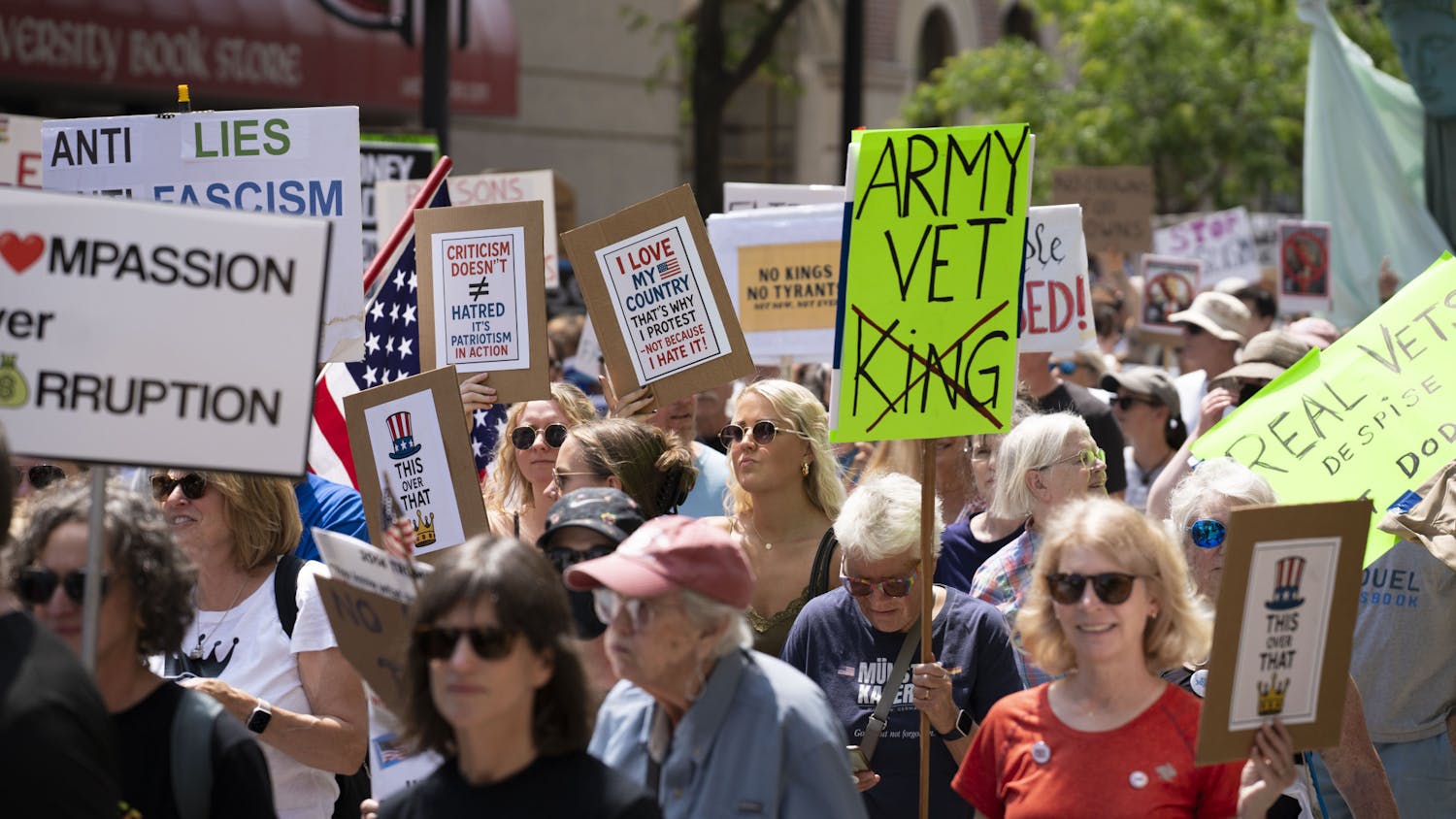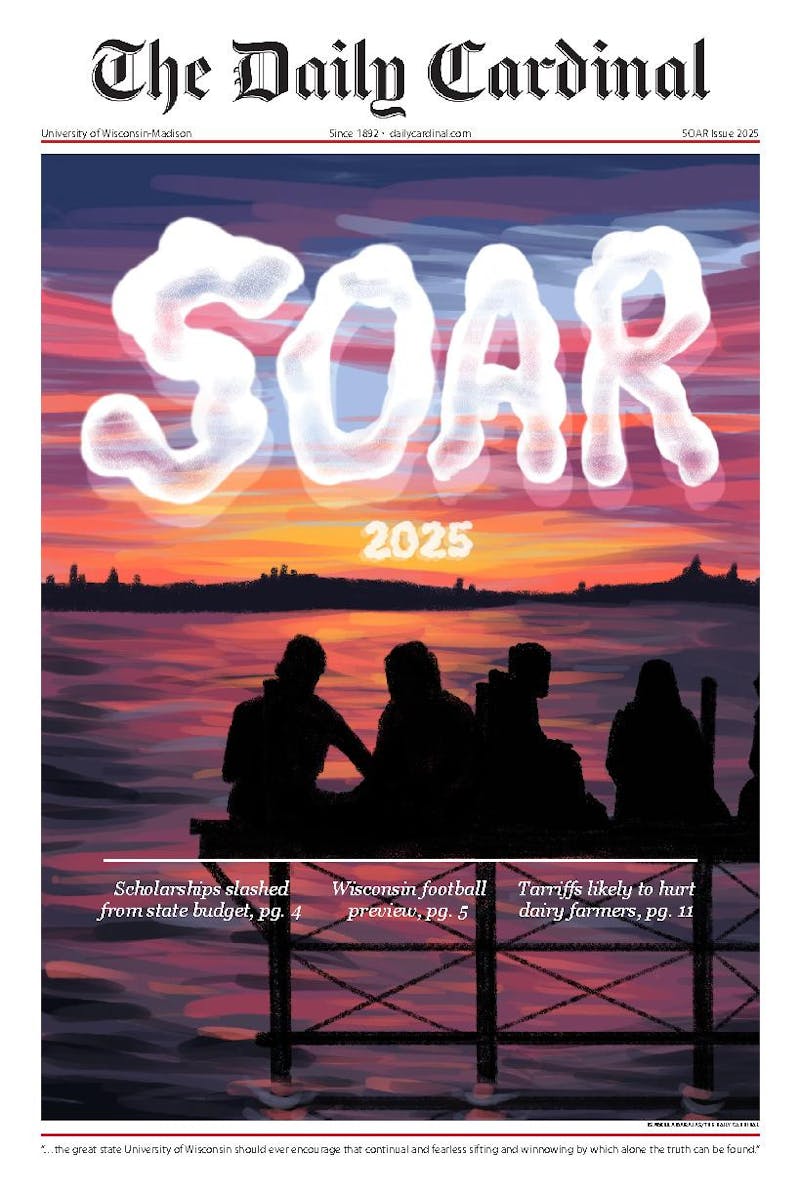Political candidates, parties and interest groups spent more than $7.6 million on television advertising in Wisconsin's three largest media markets since Jan. 1., doubling the amount spent in the last non presidential election, in 1998, according to figures released Tuesday by the Wisconsin Democracy Campaign.
The numbers, compiled by the Campaign Media Analysis Group, show Milwaukee area stations brought in $4 million by running 7,572 ads between Jan. 1 and Oct. 15. The Green Bay media ran 8,401 ads, however they only received approximately $1.7 million, while Madison aired 7,987 ads, at a cost of $1.8 million dollars to advertisers.
The closely contested gubernatorial race between Democratic candidate state Attorney General Jim Doyle and Republican Gov. Scott McCallum is responsible for the increase in spending, said Mike McCabe, executive director of the Wisconsin Democracy Campaign
\I think part of it has to do with the fact that the governor's seat is up for grabs,"" he said. ""But part of it just has to do with the political arms race. There's just no logic to an arms race.""
According to UW-Madison associate Professor of political science Ken Goldstein, who is also a member of the Wisconsin Advertising Project, the nation's largest tracker of political advertising, the lack of advertising by traditionally Republican interest groups provides insight into the upcoming election.
""Often advertising can be a better indicator than polls,"" he said. ""It's a sign that McCallum is in bad shape.""
McCabe said, the two candidates are setting bad example for the future of Wisconsin, while running on platforms of ethical and campaign finance reform.
""They are not walking the walk by any stretch of the imagination,"" he said. ""They also have not provided leadership in public office.""
However, according to Goldstein, television ads are the best means of informing the public, which was something with which Jessica Erickson, a spokesperson for Doyle's campaign, agreed.
""For the past two years Jim has been traveling across the state and taking his message to the voters directly,"" she said. ""But the reality of the matter is a lot of people still say that they get their information about candidates from television.""
With 2002 representing the first gubernatorial election since the departure of former Gov. Tommy Thompson, Goldstein said he would rather have an informed public than a drought of advertisements.
""This election means something and I'd rather see a lot of money and a lot of ads then a lot of ill-informed voters,"" he said.





